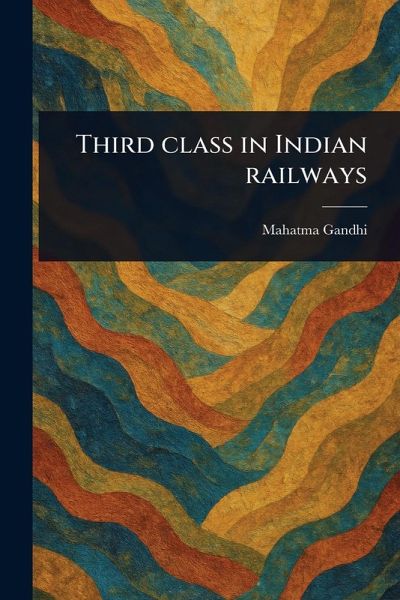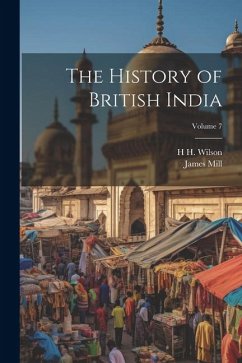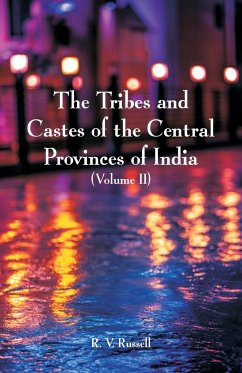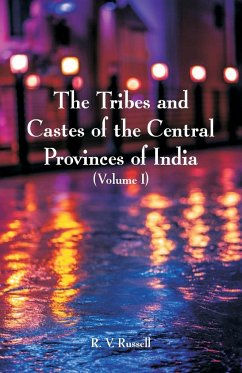
Third Class in Indian Railways
Versandkostenfrei!
Versandfertig in über 4 Wochen
14,99 €
inkl. MwSt.
Weitere Ausgaben:

PAYBACK Punkte
7 °P sammeln!
"Third Class in Indian Railways" offers a compelling glimpse into travel conditions during the British Raj, as experienced by Mahatma Gandhi. This historical account, meticulously prepared for print republication, sheds light on the realities of third-class travel on Indian railways and the social inequalities prevalent at the time. Gandhi's observations serve as a powerful commentary on the challenges faced by ordinary Indians and the urgent need for social reform. Exploring themes relevant to both travel and social science, this book examines the historical context of India under British occ...
"Third Class in Indian Railways" offers a compelling glimpse into travel conditions during the British Raj, as experienced by Mahatma Gandhi. This historical account, meticulously prepared for print republication, sheds light on the realities of third-class travel on Indian railways and the social inequalities prevalent at the time. Gandhi's observations serve as a powerful commentary on the challenges faced by ordinary Indians and the urgent need for social reform. Exploring themes relevant to both travel and social science, this book examines the historical context of India under British occupation, offering insights into rural sociology and the broader impact of colonialism. This revealing work, falling under the categories of travel, history, and social science, provides valuable firsthand testimony and a unique perspective on a pivotal era in Indian history. It remains a vital document for understanding the complexities of the British Raj and the enduring quest for social justice. This work has been selected by scholars as being culturally important, and is part of the knowledge base of civilization as we know it. This work is in the public domain in the United States of America, and possibly other nations. Within the United States, you may freely copy and distribute this work, as no entity (individual or corporate) has a copyright on the body of the work. Scholars believe, and we concur, that this work is important enough to be preserved, reproduced, and made generally available to the public. We appreciate your support of the preservation process, and thank you for being an important part of keeping this knowledge alive and relevant.














